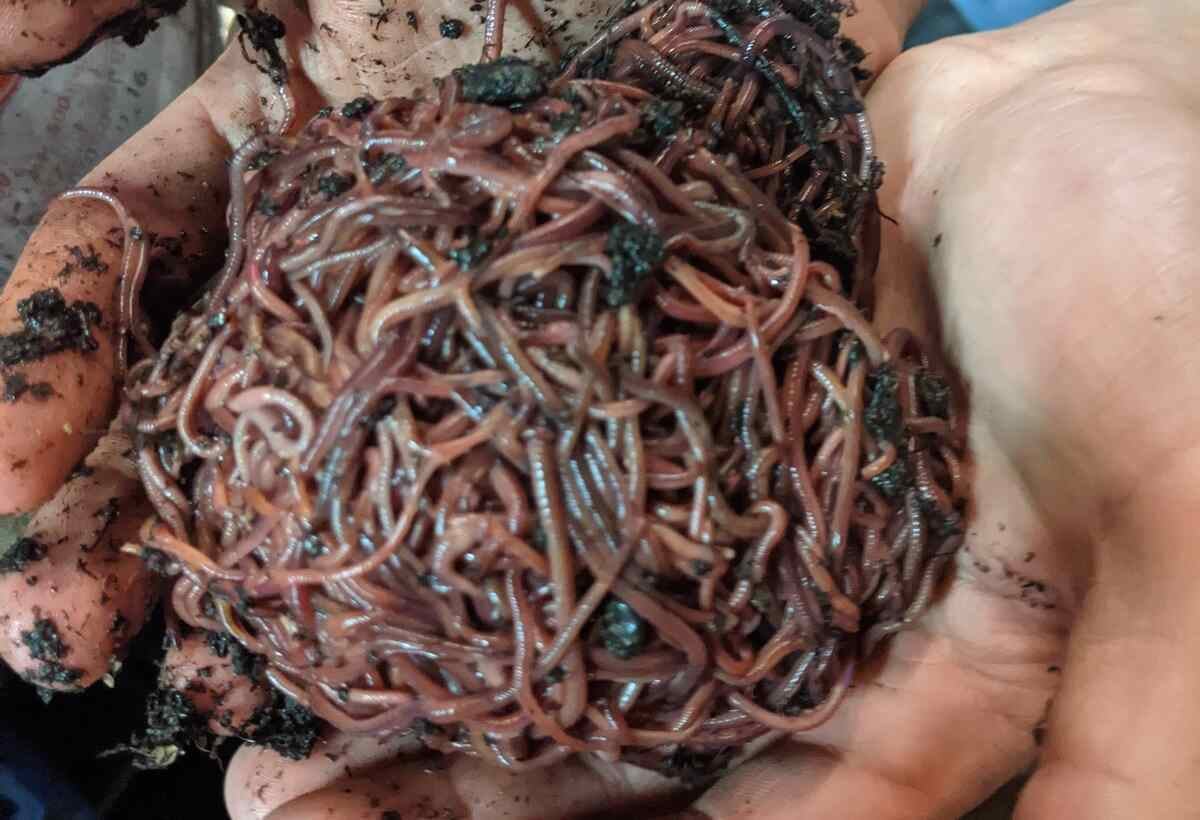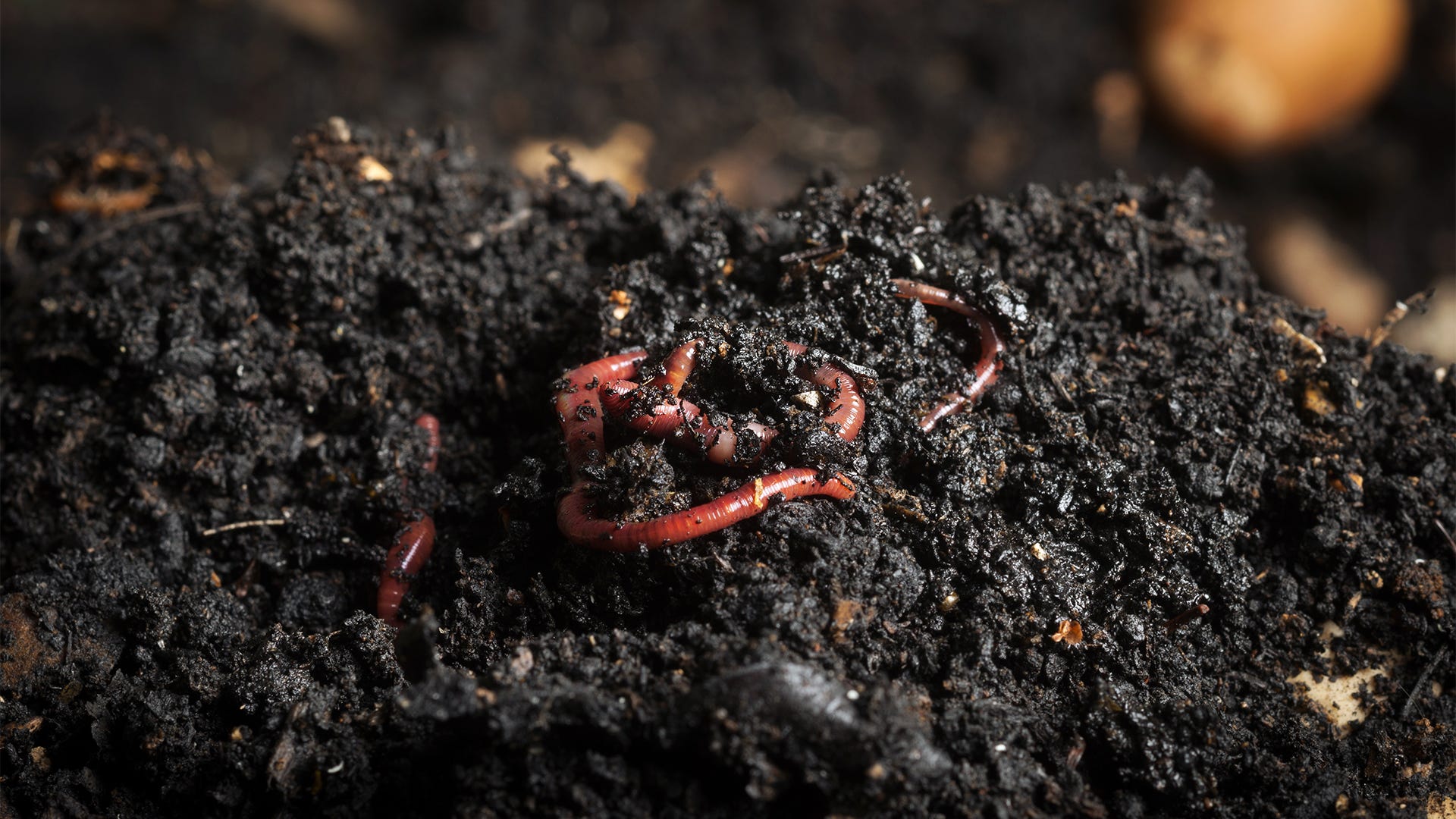Little Known Questions About Red Wiggler Express.
Little Known Questions About Red Wiggler Express.
Blog Article
Some Ideas on Red Wiggler Express You Need To Know
Table of ContentsFacts About Red Wiggler Express UncoveredThe Basic Principles Of Red Wiggler Express Red Wiggler Express Fundamentals ExplainedThe Best Guide To Red Wiggler ExpressRed Wiggler Express for Dummies
And the growing Red Worm populace? Also in the load that was established up straight in front of backyard composters with existing Red Worm colonies.
Numerous selections, consisting of Red Wigglers, European Nightcrawlers, and Lumbricus species were brought over from the European continent. Yet here's the thingNative or not - and as gifted as they are at being able to survive in a wide-range of atmospheres and conditions -. To put it simply, they are much more likely to hang out in any kind of active composting systems you have actually established up, than they are to wander off and begin wrecking the atmosphere.
Roots need oxygen for respiration and count on smooth air flow within the dirt to grow. However, when it rainfalls, dirt can come to be saturated with water, decreasing the oxygen available and impeding nutrition absorption - Worm Farms Near Me. To preserve an optimal balance, the soil needs to enable water to drain pipes appropriately, leaving enough space for air to support root wellness
The Facts About Red Wiggler Express Uncovered

When it pertains to worms for composting, what comes to mind? If you were an earthworm breeder, dealer, or ordinary garden enthusiast, after that you would certainly understand that red wiggler worms are the excellent worms for vermicomposting. To learn more regarding these planet marvels, reviewed some of the red worm facts listed below.
(https://justlink.org/details.php?id=362413)Yet if they stretch their bodies, you'll be able to see the stripes on their skin. When increasing worms such as red wiggler worms, you need to be able to know how to profit them. When you're able to preserve and look after their habitat well, and additionally feed them the best sort of organic wastes, then they'll be able to produce nutrient-packed and quality-rich worm castings for you (also understood as worm poop or garden compost).
See This Report about Red Wiggler Express
What do worms eat? Well, these red wriggler worms can be fed with kitchen scraps and yard wastes. So, any type of rotting organic stuff will simulate veggie and fruit peels, smashed egg coverings, utilized tea bags, coffee premises, yard trimmings, completely dry leaves, and others. However see to it not to feed them foods that are oily, citrusy, or has meat or dairy products in them. Red Wiggler Express.

This actions makes them appropriate forever in worm containers, compost heaps, and various other restricted areas where natural waste is plentiful. Producing an ideal atmosphere for red wigglers needs a thoughtful strategy. Think about the adhering to essential components to take care of red wigglers in your home and guarantee their health: Utilize a bedding of shredded newspaper or cardboard.

Include a handful of dry, shredded newspaper if the container becomes also damp. They do! Red wiggler worms replicate by laying small, lemon-shaped eggs in safety cocoons. These cocoons are typically transferred in the bedding and hatch into baby worms within a couple of weeks. The fast reproduction cycle of red wigglers is one of the reasons they are preferred for vermicomposting.
The Ultimate Guide To Red Wiggler Express
Their versatility and strength have actually made them a preferred option for vermicomposting in numerous regions all over the world. Yes! They can endure from a variety of 32F to 90F. They are very adaptable critters. Think about safety measures for extremely extreme temperatures such as: Insulating the worm bin with layers of straw or leaves.

When taking care of your red wigglers it is essential to keep in mind to: 1) K.I.S.S (Maintain it Simple) and 2) whatever in moderation. These rules apply to feeding your compost worms, sprinkling your worm containers, and almost whatever else associated with looking after them. Just bear in mind - you can always include more food later (yet it's hard to remove feed once it's been included to a container!).
Because I fed the red wigglers and garden compost worms too a lot, they weren't able to maintain up and over time the older food went uneaten and created anaerobic problems that killed the worms. Right here're the 6 gold rules for just how usually and how much to feed your worms: Rule # 1: Small amounts!
The Greatest Guide To Red Wiggler Express
Leftover food will cause anaerobic problems that will certainly eliminate your live worms. It is okay to sprinkle a little of their original bed linen (which ought to currently be in the container) over the food, but the food should never be buried and need to show up to your eye. Rule # 5: See policy # 1! Guideline # 6: After the first feeding, feed the worms 1/3 to 1/2 of their weight.
Report this page